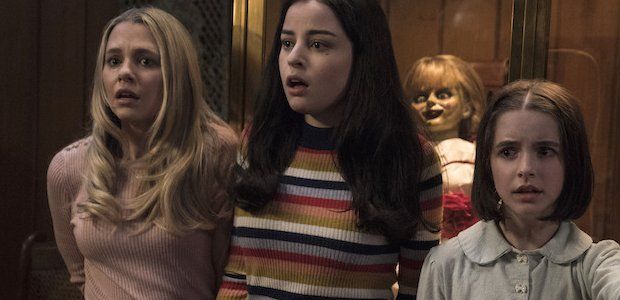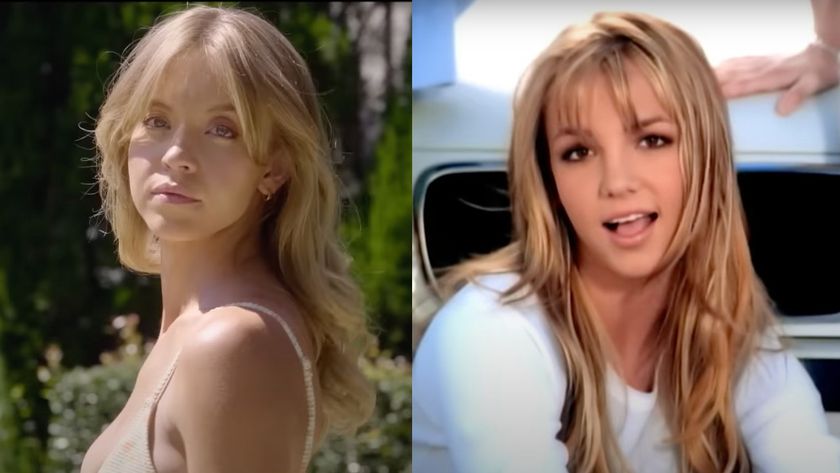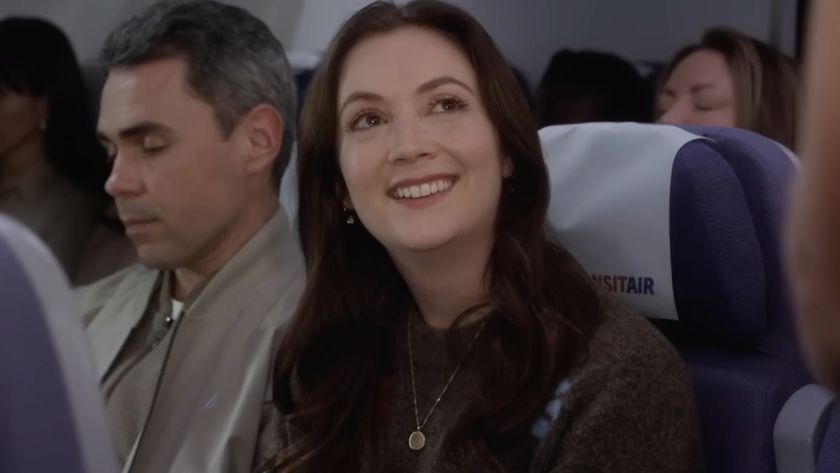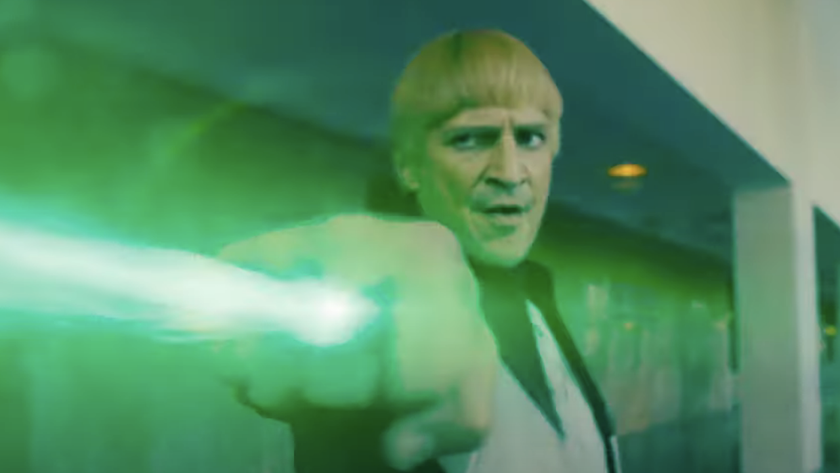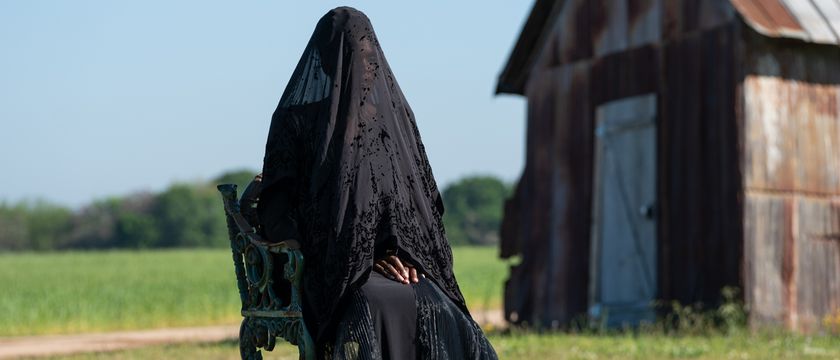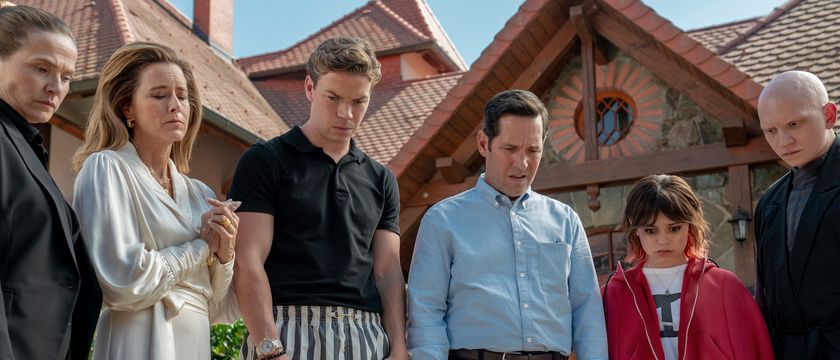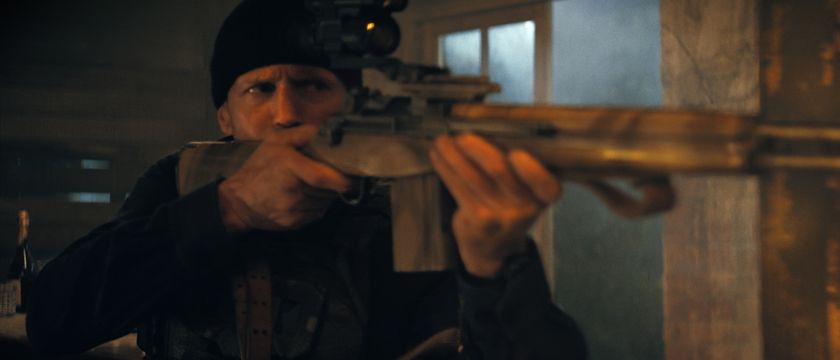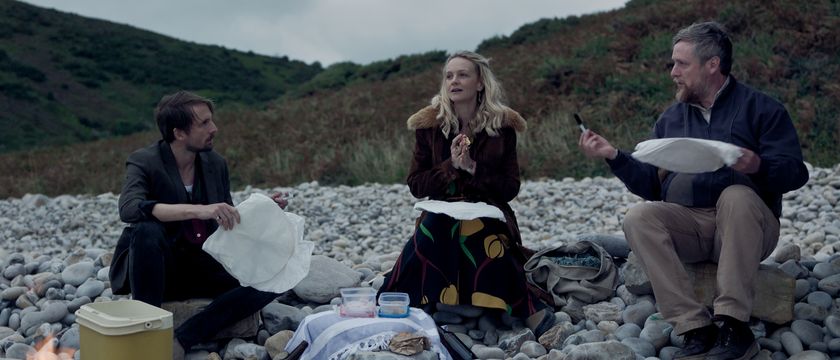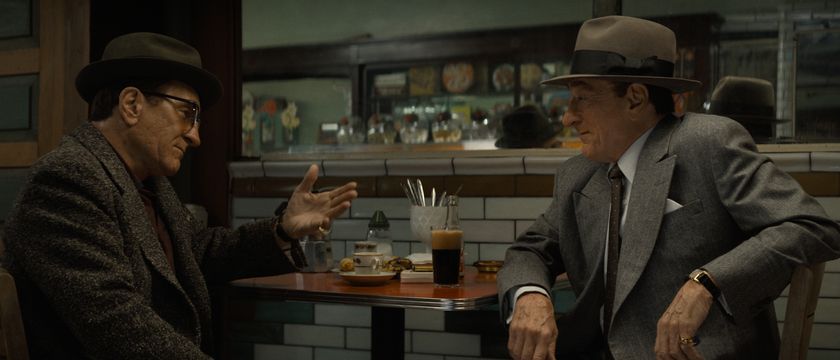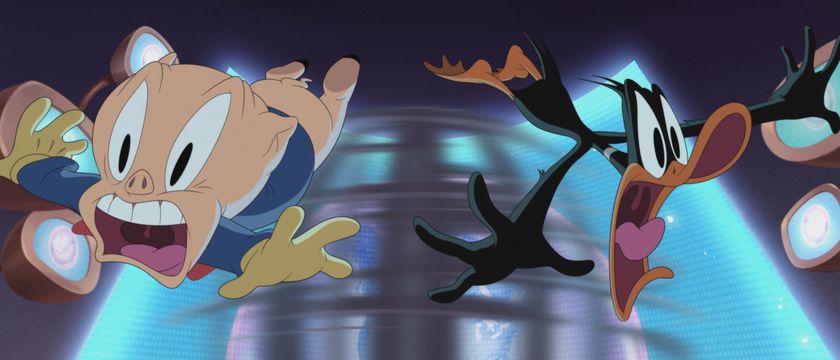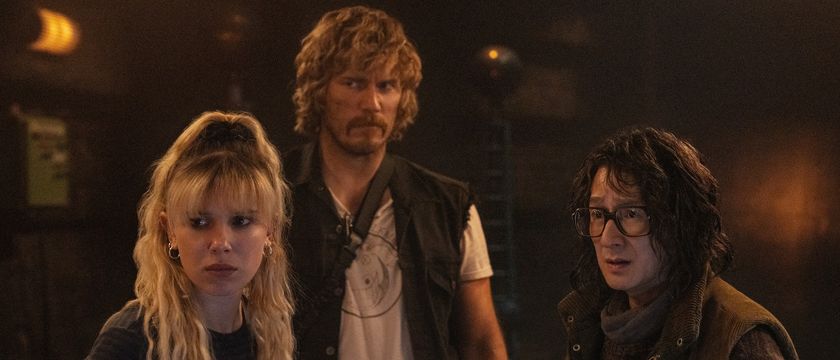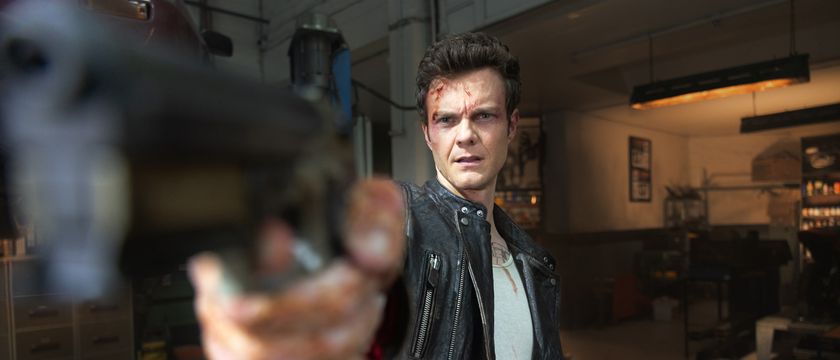The Conjuring Universe has been a flourishing franchise ever since it launched in 2013, but after six years and six movies, it finds itself at an interesting juncture. While everything has been working well (some releases being better than others), it’s now getting to a point where a degree of brand reinvention is necessary – taking the established rules and aesthetics and applying a fresh spin that stops them from ever feeling stale. Not only does this kind of move keep the audience engaged, but it creates more opportunities for diverse storytelling going forward as the guidelines become less rigid.
It’s with this in mind that one could say that Gary Dauberman’s Annabelle Comes Home is arriving at the perfect time. Not only is it an exceedingly fun ride – full of well-drawn, charismatic characters and an army of ghastly ghouls – but it’s also a breath of fresh air for The Conjuring Universe that both surprises with a lighter touch and demonstrates the incredible potential for the expanding continuity. It’s small in scale, but rich in depth, and an exciting debut for a first-time director.
Taking place between the events of The Conjuring and The Conjuring 2, Annabelle Comes Home reveals that the terrifying titular doll didn’t end her reign of horror after being taken into the custody of Ed and Lorraine Warren (Patrick Wilson and Vera Farmiga). The demonologist duo may have locked her up in their artifact room in 1970, but this film demonstrates her continued ability to unleash all kinds of hell given even the slightest opportunity.
The story begins in earnest a year after the Warrens captured Annabelle, and primarily centers on their daughter, Judy (Mckenna Grace), who isn’t in a great place emotionally due to a widespread newspaper article exposing what her parents do for a living. She’s ostracized by the other kids at school, which is a situation made worse by the fact that she has a birthday coming up and low expectations for party attendance. The silver lining is that she has the support of her babysitter, Mary Ellen (Madison Iseman), who does what she can to encourage and defend the young girl.
With the Warrens set to go out of town for a night, Mary Ellen agrees to stay over and look after Judy – but what is a fairly normal circumstance is made abnormal with the presence of Daniela (Katie Sarife), who is Mary Ellen’s best friend and possesses a dangerous curiosity about her bestie’s employers. It’s this curiosity that leads Daniela to sneak into the famed artifact room after bedtime and open the case containing Annabelle – and in doing so demonstrates why there is a big sign on the glass that reads “WARNING! POSITIVELY DO NOT OPEN.”
Annabelle acts as a conduit for evil things, which means that she essentially acts as a battery for the artifact room, and Judy, Mary Ellen, and Daniela are forced to find a way to contain her before she gets too powerful.
What particularly makes Annabelle Comes Home stand out is that while it’s presented as another variation of a haunted house story with demons and spirits terrorizing innocents, it executes its narrative with a much lighter tone than its in-canon predecessors. While previous chapters have taken sharper aim at generating nightmares, this is a horror movie particularly aimed at audiences who have fun being scared by horror movies. It’s not a horror-comedy, as it never prioritizes laughs over screams, but what it does do tremendously well is generate post-scream laughs, as there’s an enchanting quality to the cleverness and creativity behind the wild monster-fest.
Of course, the opportunities for cleverness and creativity are available because of the wide variety of terrors that the film throws at movie-goers – which is another way of saying that Annabelle Comes Home takes full and wonderful advantage of its central premise. Gary Dauberman very clearly had a blast doing a head-first dive into the case files of Ed and Lorraine Warren, and an atmosphere is created where you never have a clear idea of what’s going to be thrown at you next (and offering up specific examples here would be too spoilery).
One also can’t ignore the epic list of potential spin-offs that the movie could inspire, as there are more than a couple of evil entities featured that could eventually generate their own special branch of the Conjuring Universe.
Excellent and creepy as the monsters and their presentation may be, however, they don’t function properly if you don’t care about the people they are terrorizing – but that’s also a non-issue for this feature. It starts with Judy being an empathetic figure who also possesses a level of authority and agency, making it easy to connect with her; and the compassion demonstrated towards Judy by Mary Ellen immediately gets you on her side as well. Even Daniela, who you might think would be irredeemable given her irresponsible actions, is given redemption because she has multiple dimensions and legitimate motivation for what she does. It’s smart writing supported by superb performances.
Having written the previous two Annabelle movies as well as The Nun, Dauberman applies his experience telling stories in this universe well in the making of Annabelle Comes Home, but also exciting is how you can clearly see their influence in his directorial style as well. He has very clearly studied the work of his colleague and master of horror, James Wan, and has implemented the best lessons into his work – replete with sweeping camera movements, lingering images, and eerie use of negative space. Scares are earned through atmosphere instead of simple jumps and musical cues, which makes the experience more satisfying than exhausting. It’s an impressive debut.
Annabelle Comes Home cements the Annabelle trilogy as a rare series that gets better with every installment – which is particularly notable given the quality of the prequel-prequel Annabelle: Creation. It’s canny in its approach, savvy in its execution, and may very well be a game-changer for the most successful horror franchise running.

Eric Eisenberg is the Assistant Managing Editor at CinemaBlend. After graduating Boston University and earning a bachelor’s degree in journalism, he took a part-time job as a staff writer for CinemaBlend, and after six months was offered the opportunity to move to Los Angeles and take on a newly created West Coast Editor position. Over a decade later, he's continuing to advance his interests and expertise. In addition to conducting filmmaker interviews and contributing to the news and feature content of the site, Eric also oversees the Movie Reviews section, writes the the weekend box office report (published Sundays), and is the site's resident Stephen King expert. He has two King-related columns.
